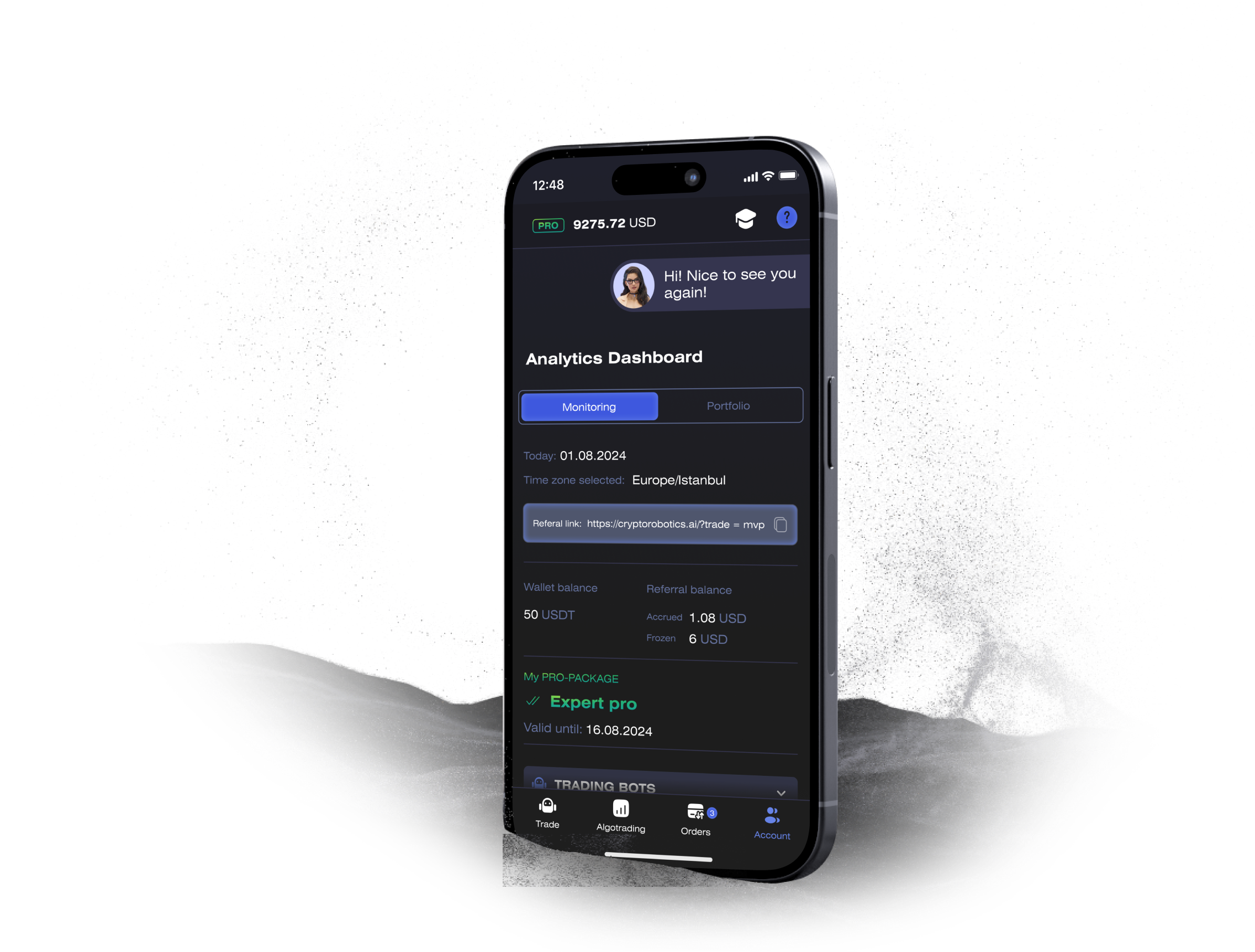Published: October 26, 2024 at 5:20 am
Updated on December 10, 2024 at 7:38 pm


As we gear up for the 2024 U.S. presidential election, I can’t help but notice how Polymarket has become a hot topic in political forecasting discussions. This crypto market platform claims to be neutral, but is it really? I mean, just look at its user base and some of the big players making huge bets on Trump. It’s hard not to raise an eyebrow.
For those who might not know, Polymarket is a decentralized crypto exchange market that allows users to bet on the outcomes of various events, including political ones. Founded by Shayne Coplan, he insists that the platform isn’t politically biased and was created to harness free markets for predicting real-world events. He even claims that the team behind Polymarket are just a bunch of market enthusiasts.
But here’s where it gets interesting: Coplan’s narrative doesn’t quite hold up when you dig a little deeper. The platform predominantly attracts male crypto enthusiasts, many of whom probably lean more conservative—especially given that U.S. users have to jump through hoops like using VPNs to access it.
One glaring issue with Polymarket is the presence of large anonymous traders who can sway market odds significantly. Take “Fredi9999”, for example; this trader has reportedly placed millions betting on Trump’s victory. Such big players raise concerns about potential market manipulation and whether they’re affecting public perception as much as voter behavior.
Unlike regulated platforms such as PredictIt or Kalshi—which cap your betting amounts and are subject to U.S. laws—Polymarket operates offshore, allowing for much larger and potentially manipulative trades without any oversight.
So how does Polymarket stack up against traditional polling methods? Well, prediction markets operate on the premise that participants have a financial incentive to be correct; after all, their profits hinge on accurate predictions. This could lead to more reliable forecasts since participants aggregate diverse information sources—from news cycles to cultural trends.
However, it’s worth noting that prediction markets aren’t infallible either; their track record varies from election cycle to election cycle. While traditional polls can also be inaccurate (and are often best understood as snapshots of current sentiment), they have their own set of advantages—like being more transparent about biases.
Interestingly enough, right now there seems to be a divergence between what traditional polls show (a close race) and what prediction markets are indicating (favoring Trump). But whether one is more accurate than the other remains an open question.
In summary, while platforms like Polymarket offer an innovative approach by leveraging collective wisdom through real-money wagers, their credibility is clouded by several factors: demographic biases among users, influence from large traders, and lack of regulatory oversight.
Polymarket’s popularity surge correlates with some accurate past predictions (like Biden dropping out) and even endorsements from figures like Elon Musk. Yet concerns about potential manipulation loom large.
So yeah—while there’s something intriguing about using crypto markets for political forecasting, we should tread carefully until these issues get addressed.
Access the full functionality of CryptoRobotics by downloading the trading app. This app allows you to manage and adjust your best directly from your smartphone or tablet.

News
See more



Blog
See more